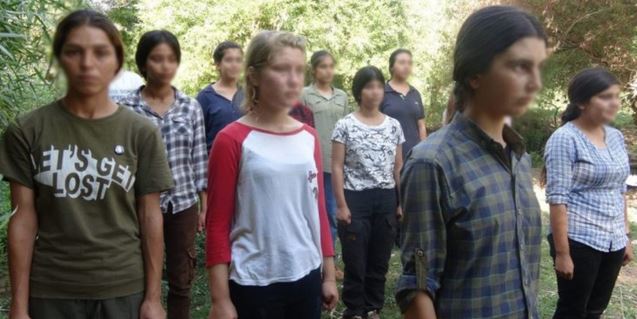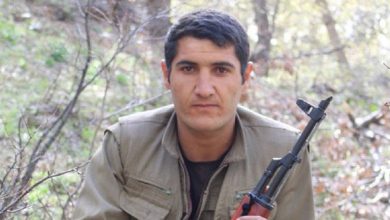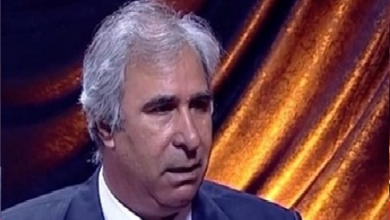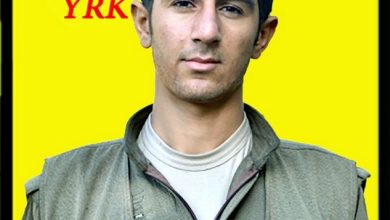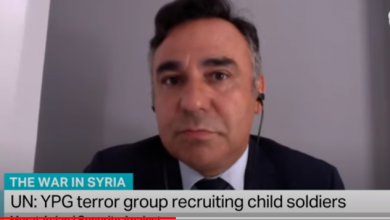Following the ongoing talks with the families of the victims of the PKK / PJAK crimes, the Iranian Kurdistan Human Rights Watch has arranged a conversation with the father of “Sonia Rouhi”, a member of PJAK.
It seems that the PKK / PJAK train does not intend to stop for the death of Kurdish children and youth.
The approach of militant groups such as PJAK in the use of children in war is contrary to their commitment under the Geneva Convention not to use children under the age of 18.
Perhaps the deception and abduction of Kurdish teenagers, youth and, of course, children, and then arming and using them for the purposes and interests of the leaders of militant groups such as PJAK and the PKK, is the only achievement and gift of those claiming to defend the rights of the Kurdish people.
In fact, this is a human rights violation that these groups are constantly insisting on.
While violence is despised around the world and issues are resolved through diplomacy, dialogue and dialogue with other human beings, PJAK, the PKK branch, continues to promote violence to target more Kurdish youth. Send to death.
Most of these children (under 18) are abused, threatened with drug addiction, or paid money.
Because children are so easily influenced, they are also easily trapped by the PKK. For example, they are kidnapped or deceived on the way to school, or they persuade them by telling them PJAK will provide the family with money.
The PKK, on the other hand, can easily achieve its goals by sacrificing children, because children have less perception of disaster on the battlefield than adults, in other words, they are bolder.
Sometimes they do dangerous things that adults are not willing to do. They spy, or carry explosives easily.
One of these children is “Sonia Rouhi”.
A conversation with Sonia’s father and other families of the victims of the PKK / PJAK Sarbazi child policy shows that these groups use every tactic to deceive children, teenagers and young people, and it makes no difference to them that these children are or are not of legal age or have joined them without further knowledge of the case.
The full text of the conversation with Sonia Rouhi’s father is as follows:
I was not with my little girl when my daughter was misled, because I had to leave the city for a while due to bankruptcy and high debt.
While I was not with my family, my wife moved to Sulaimaniyah with her brothers and my little daughter. At that time, I knew that my family had a close attitude towards the PKK, and this always frightened me. I sometimes argued with them not to talk about these issues around the child, but unfortunately, due to what happened to me and my absence with my little girl, her cousin misled her and brought her to the PKK.
A 12-year-old girl who was at the peak of her childhood and her studies shouldn’t be able to join a movement such as the PKK. Recruiting a 12-year-old girl is not legal in any country or group.
When I found out that my daughter had been deceived and sent to Syria, it was a thing of the past. After a while, I was struggling with all the problems I had and on the other hand, I was worried about my little girl, I did not know what I could do!
Almost three years after the same aunt’s daughter who cheated on my daughter was killed in the war in Sirnak, Turkey, this incident caused my daughter, despite being wounded in Syria, to save herself from these terrorists. With all the problems I had when I found out my daughter was able to escape.
I made my way to Sulaimaniyah and encountered something I could never believe; my daughter’s injured body. I broke down crying when she showed me her scars and limp. Then I brought my daughter to Iran. She lived with me for a while, but after I remarried she decided to return to her mother in Sulaimaniyah.
Even now that we are in touch sometimes, and I see her every once in a while, I am very happy that she is continuing his education and learning foreign languages. She stays in the city, and away from the villages and smaller towns across the border region in fear of reprisal.

